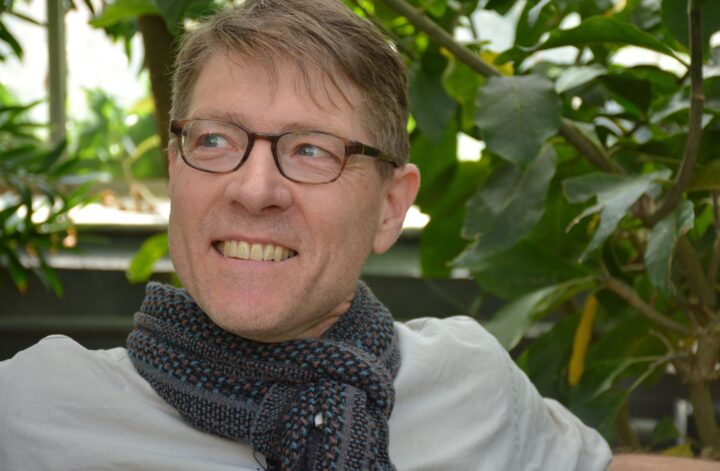Over the past few years, morning routines have received a lot of coverage. Entire books have been written about how to ‘win the morning and win the day’. YouTubers have walked us through the productive habits they implement between opening their eyes and leaving the house.
In the past I have jumped on this bandwagon, even to the point of waking up at 5am. That routine was called ‘miracle morning,’ the sequence of activities included: silence, affirmations, visualization, exercise, reading, and writing. Did it make me more productive? Possibly. More tired? For sure. If you wake up at five you also need to commit to being asleep by ten – which makes your life more disciplined but less interesting.
I find it quite easy to stick to new routines, but after a few months they begin to feel stale. So, I throw everything into the air and see where they land, letting go of old habits and inviting in chaos. Two months later my life is a mess and I’m scrambling back for a routine again, unable to deal with the lack of order.
My back and forth between rigid routine and disarray has become a routine of itself. A lot of us behave like this; we understand the importance of repetitive action but want our lives to be more than organized drudgery.
Repetition and spiritual practice
Morning routines promise to magically transform our life trajectory, but in my experience, adjusting habits only leads to superficial change.
There is a Zen proverb, “Before enlightenment; chop wood, carry water. After enlightenment; chop wood, carry water.” This can be interpreted in several ways, but for me it points to how ‘improving’ your life is more about changing the internals than the externals. I.e., it’s not what you do, but how you do it.
In Eastern religion this means approaching everything with full attention, in the West it can be a case of reframing the things that are already there. For example, I once met a second-hand bookshop owner in England who told me that he tries to help the people who come through the doors in any way he can. His job had become more than just selling books, he gave it real meaning.
Repetition is the father of learning
I recently had a conversation with a friend who feels he is yet to find what he excels at. We discussed the 10,000 hours theory, which pertains that it takes 10,000 hours of repetitive practice to reach expert level. The theory originated with research of subjects such as the Beatles, who played for over 10,000 hours before they became successful. Since then, people have been targeting this magical number to master skills.
Reverse-engineering this process may not be the best approach because it takes extreme willpower. The Beatles didn’t cross off time practiced on a calendar. They simply pursued their creative interests, which is how they logged so many hours. Those who become good at something usually do so because they love it, their practice is more than just a means to an end.
My friend and I decided that we are attracted to theories like 10,000 hours because we feel we need to do something huge to change our lives. We latch on to these massive gestures because they sound more exciting and transformative than making a series of incremental changes.
Breaking our own patterns
It can be interesting to commit to a new morning routine, spiritual practice, or thousands of hours of practice, but the process of creating real change is far duller. It is a gradual procedure of breaking long-held judgments and repetitive thought patterns. We tend to tell ourselves the same stories over and over, then see these stories play out again and again. There’s nothing wrong with this, it’s just strange that we are so surprised when we keep seeing the same results.
It is comforting to imagine living in a blissful new way, but the reality is that change is tough, unsettling, and often leads to new problems we could never have envisaged at the start. Worse still, it involves letting go of parts of ourselves that we thought made us who we are. When we put it like that, is it any wonder we would rather just try to wake up a little earlier instead?




